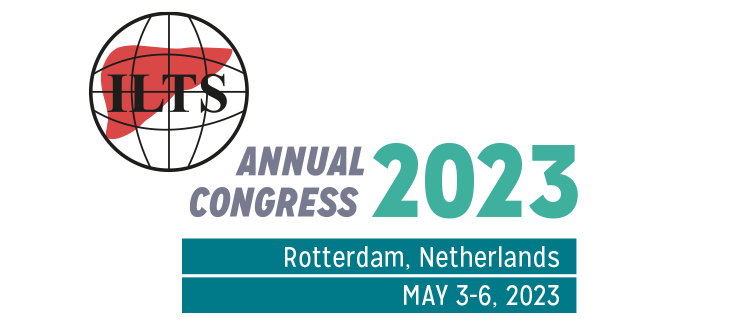
| Grote Zaal, 1st Floor Thursday, May 4, 12:15 – 13:45 |
Management of early-stage HCC: current unmet needs and rationale for neoadjuvant and adjuvant immunotherapy-based approaches |
| 12:15–12:25 | Welcome and introduction to HCC, Gonzalo Sapisochin, MD, Toronto, Canada |
| 12:25–12:40 | Current management of early and intermediate HCC, Albert Chan, MD, Hong Kong |
| 12:40–13:00 | Immunotherapy in HCC: current landscape and potential rationale for novel neoadjuvant and adjuvant approaches, Sherrie Bhoori, MD, Milan, Italy |
| 13:00–13:15 | Clinical decision-making in early HCC: case study discussion 1, Parissa Tabrizian, MD, New York, USA |
| 13:15–13:30 | Clinical decision-making in early HCC: case study discussion 2, Gonzalo Sapisochin, MD, Toronto, Canada |
| 13:30–13:45 | Audience Q&A, Gonzalo Sapisochin, MD, Toronto, Canada |









